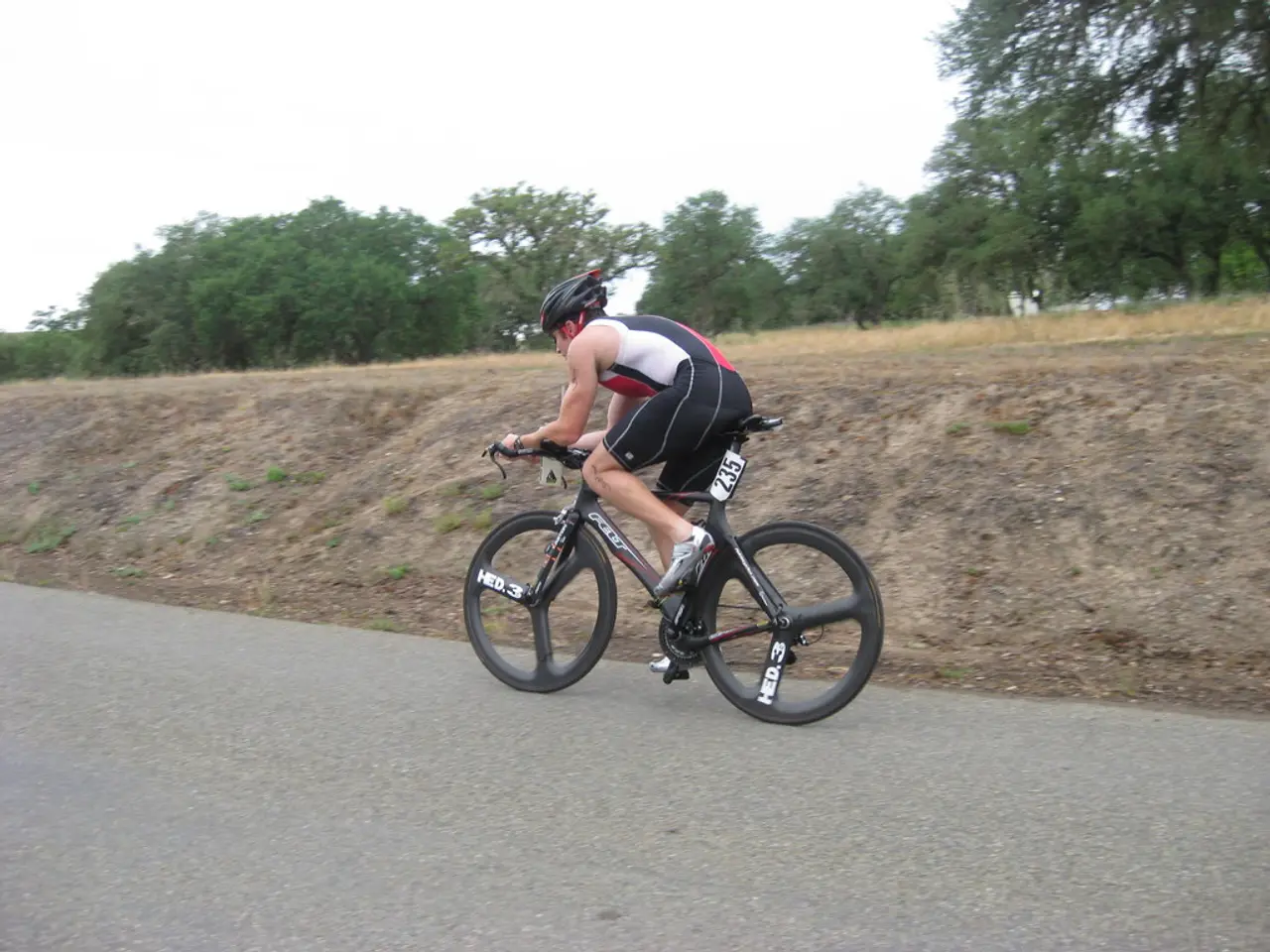Reducing Stroke Risk: Insights from a Neurologist
In a recent discussion on the "Call the Doctor" hotline, Dr. Victoria Ruzieva shared valuable insights on stroke prevention, early recognition of symptoms, and rehabilitation options for Zabaykalsk residents.
Reducing the Risk of Stroke
Dr. Ruzieva emphasized the importance of managing blood pressure, controlling diabetes and cholesterol, and adopting a healthy lifestyle to reduce the risk of stroke. A balanced diet low in salt, sugar, and unhealthy fats, regular physical activity, and avoiding smoking and excessive alcohol consumption are key to maintaining good cardiovascular health.
Regular medical check-ups are essential for early detection and treatment of cardiovascular risk factors. For those diagnosed with risk factors, medication adherence is crucial.
Recognizing Stroke Symptoms in Time
Dr. Ruzieva advised using the FAST method to quickly identify stroke symptoms:
- F (Face): Look for drooping on one side of the face.
- A (Arms): Check if one arm drifts downward when both are raised.
- S (Speech): Listen for slurred or strange speech.
- T (Time): If any of these are observed, call emergency services immediately.
Additional signs include sudden severe headache, dizziness, vision problems, or loss of balance. If you or a loved one experience symptoms suggestive of a stroke, immediate medical attention is crucial.
Rehabilitation Options After a Stroke
Early rehabilitation, starting as soon as the patient is medically stable, can significantly improve recovery outcomes. Dr. Ruzieva advocated for a multidisciplinary approach, which includes physical therapy, occupational therapy, speech therapy, and psychological support.
An individualized plan, tailored to the patient’s specific deficits and needs, is essential for effective rehabilitation. Community support, such as access to rehabilitation centers and support groups in Zabaykalsk, is vital for ongoing care.
Dr. Ruzieva stressed the importance of prompt action on symptoms and ongoing rehabilitation to improve quality of life post-stroke. The discussion on stroke prevention, symptom recognition, and rehabilitation options will take place on July 25, from 2:00 PM to 3:00 PM, during the "Call the Doctor" hotline.
The announcement was made on the Telegram channel of the Zabaykalsky Krai government. Dr. Ruzieva also emphasized the importance of not delaying a visit to a specialist for neurological diseases, including stroke. Participants in the discussion can ask questions and receive recommendations during the hotline. The "Call the Doctor" hotline phone number is 8 (3022) 35-80-12.
By adopting a balanced diet, regular physical activity, and avoiding harmful habits, Zabaykalsk residents can significantly reduce the risk of neurological disorders, according to Victoria Ruzieva.
- Dr. Ruzieva suggests that managing conditions like diabetes, high cholesterol, and maintaining a healthy lifestyle involving a balanced diet, regular exercise, and avoiding smoking and excessive alcohol consumption can help reduce the risk of not only stroke but also neurological disorders.
- In terms of stroke rehabilitation, an individualized plan consisting of physical therapy, occupational therapy, speech therapy, and psychological support, starting as soon as the patient is medically stable, is essential for effective recovery.
- Regular medical check-ups for early detection and treatment of medical-conditions associated with health-and-wellness, fitness-and-exercise, and nutrition, such as high blood pressure or diabetes, are crucial, especially for those diagnosed with such risk factors.




